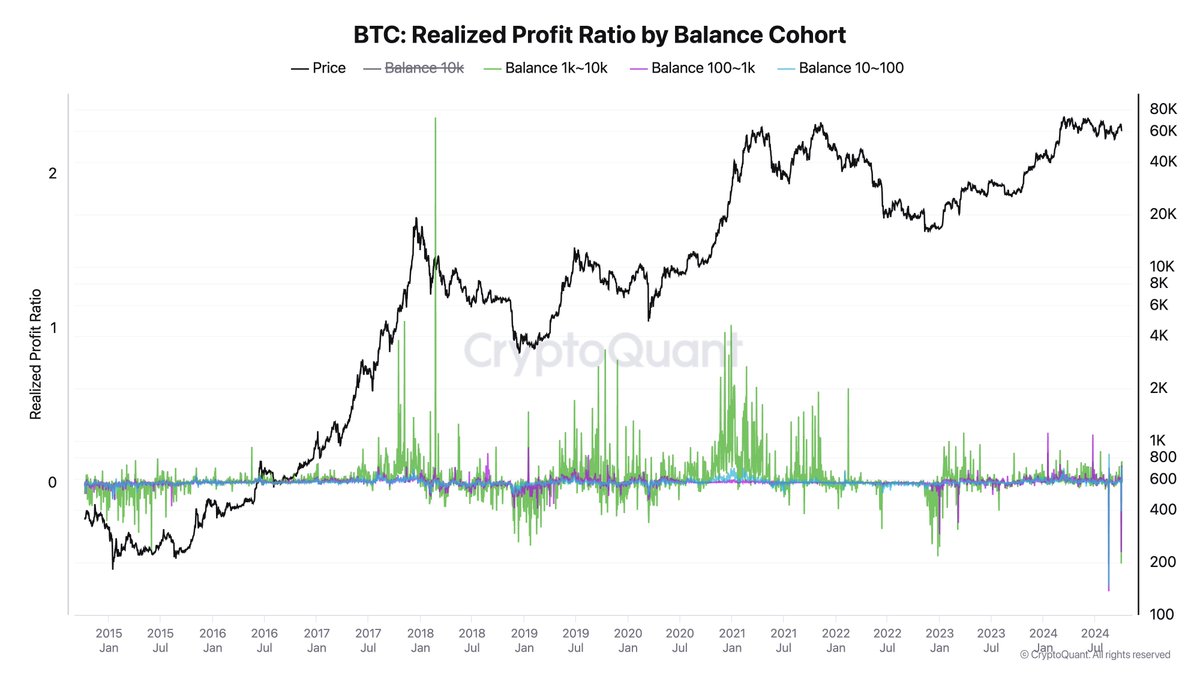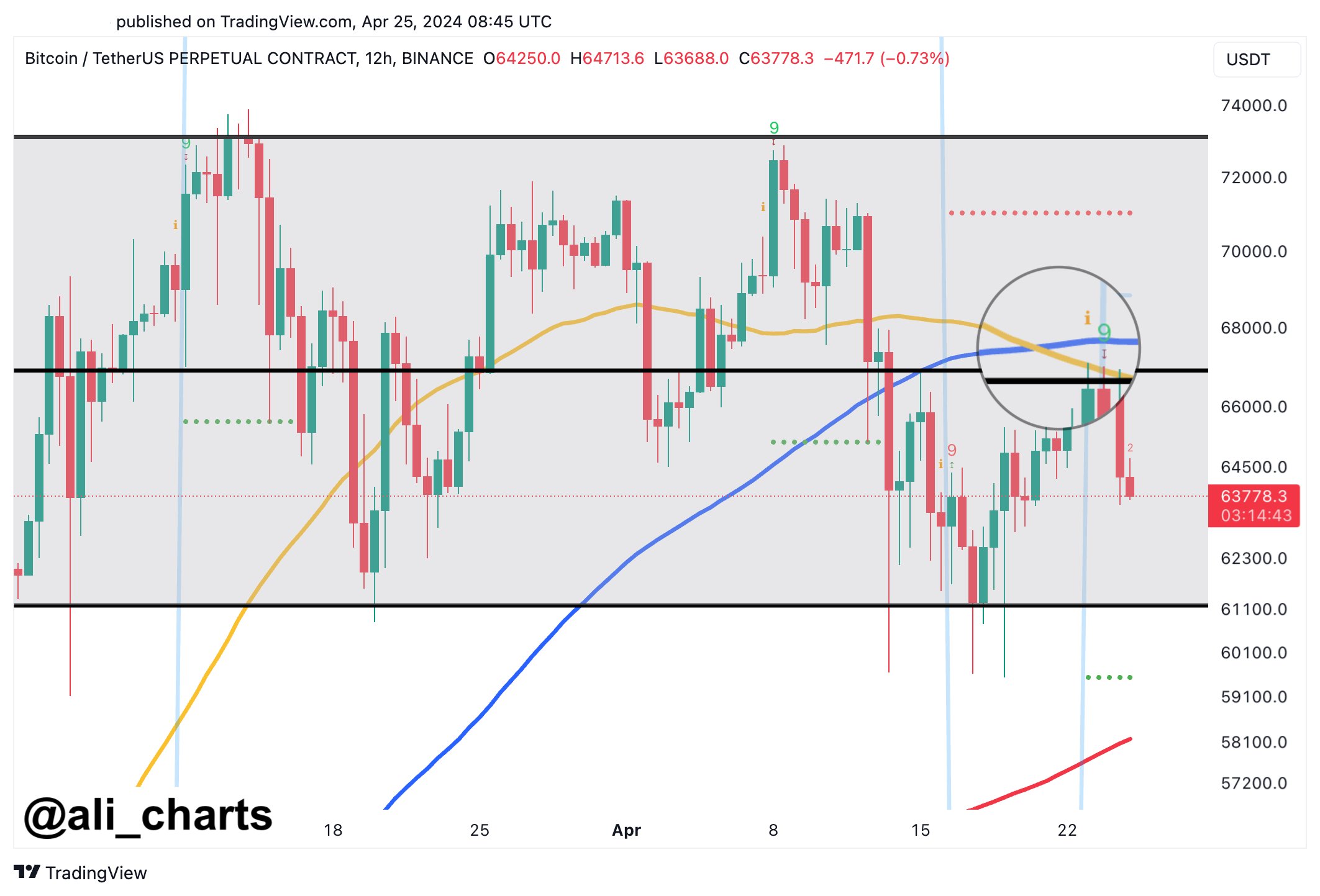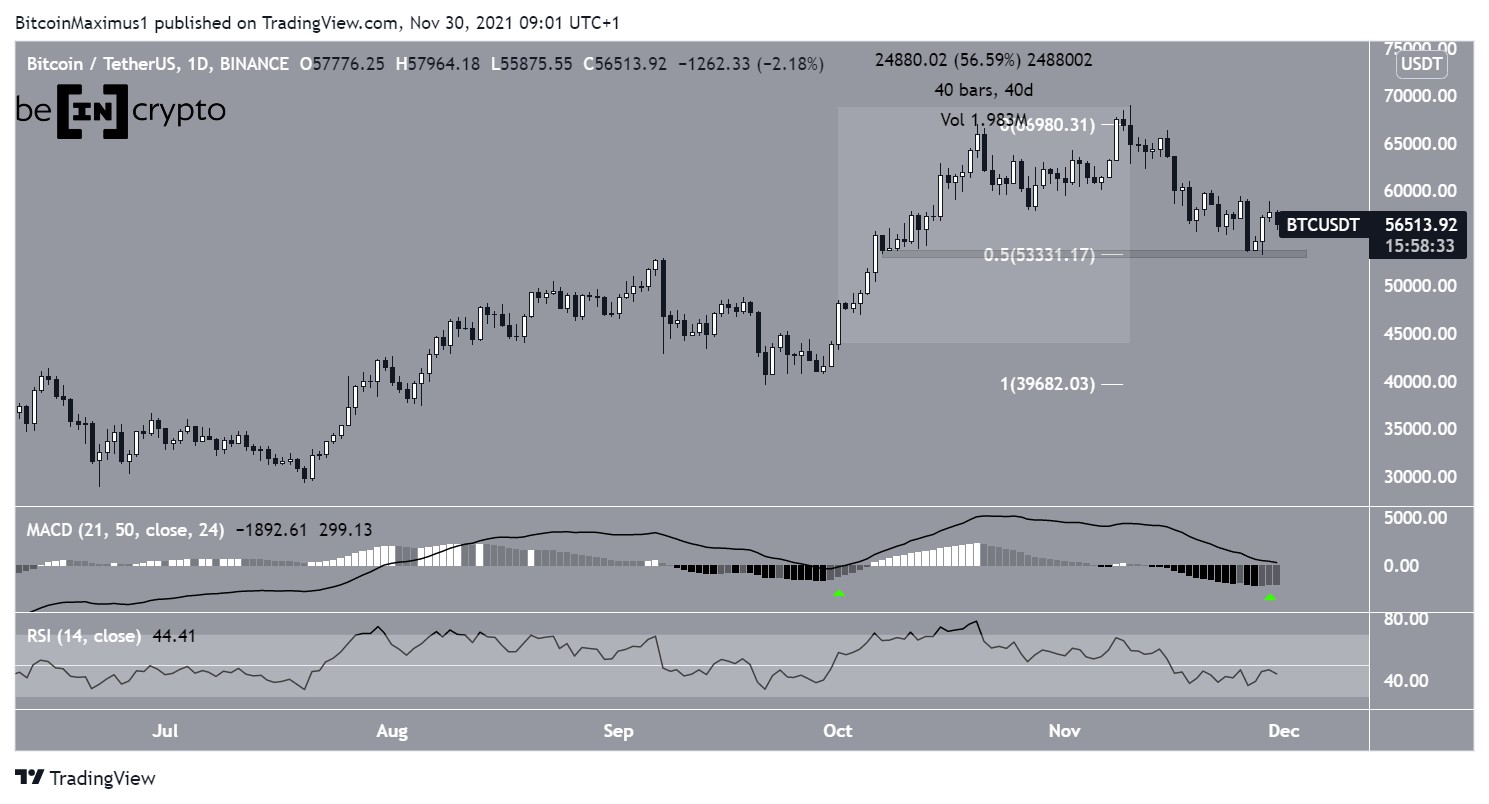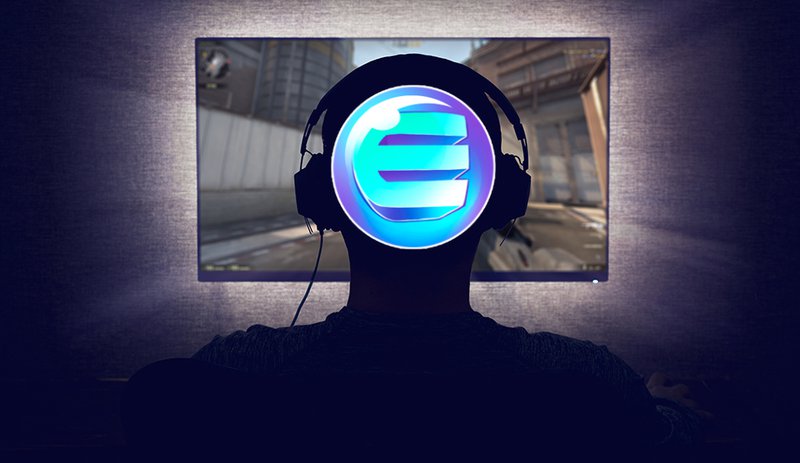2018-6-28 11:12 |
Bitcoin has been associated with criminal activities for a long time now and while the crypto community has refuted such claims, an increasing number of instances involving the use of Bitcoin in crime suggest otherwise. The latest is the indictment of two men from Maryland by the US Department of Justice. The two were allegedly manufacturing Xanax and distributing it through sales on the dark web. They would get paid in Bitcoin to maintain anonymity. The two were nabbed as part of a nationwide operation dubbed “Operation Dark Gold” which targets the illegal and criminal activities on dark web marketplaces.
The Dark Currency?The two, Ryan Farace and Robert Swain are accused of having conducted the illegal business from as far back as 2013 according to a press release by the DoJ published on June 26. Farace manufactured the pills after which he would solicit orders on dark web marketplaces. He communicated with his clients through encrypted electronic messaging channels and used the US Postal Service to ship his orders, the DoJ claimed. To conceal his identity, Farace paid for the shipping using pre-paid debit cards which were opened in other peoples’ names. The two received payments for the completed orders through Bitcoin.
Farace and Swain conducted financial transactions that were meant to conceal and disguise the illegal proceeds, the indictment alleges. The DoJ seized over $22 million worth of assets from the two as well as other co-conspirators whose identity wasn’t revealed. $17 million of the seized assets was in cryptocurrencies, with computer equipment accounting for $2.5 million and $1.5 million being held in cash.
The government is further following up with the suspects to forfeit over $5.5 million dollars which it believes are the proceeds of the said illegal activities. Two vehicles and two residences believed to have been used by the suspects to facilitate the drug manufacture and distribution are also being pursued.
The suspects face a maximum of 20 years in prison if found guilty for money laundering, with Farace facing a further five years for the manufacture and distribution of the drugs, as well as a possible 20 years if found guilty of maintaining drug-involved premises.
The indictment is part of a nationwide crackdown by the government on illegal activities carried out on the dark web. The operation has brought together various government agencies which include the Secret Service, the Postal Inspection Service, the DoJ, the DEA and the Department of Homeland Security. According to the press release, it has led to the opening of more than 90 active cases with many suspects being arrested and charged. Weapons and drugs have been nabbed, with cryptocurrencies emerging as a favored monetary tool by the criminals.
In a separate press release, the DoJ announced the success of Operation Dark Gold, saying that the time to expose and stop dark web crime has come. The operation had led to the seizure of nearly 2000 Bitcoins. Other seized assets include cash and gold bars worth more than $3.6 million, more than 100 firearms, five vehicles, computer equipment, Bitcoin mining equipment and more.
Cryptos and crime have become notoriously synonymous, with many governments citing this as the key reason they are hesitant on accepting cryptos as legal payment methods. This association is enhanced by the anonymity that cryptos offer. Bitcoin is the most notorious with crime due to its popularity, but other cryptos are picking up the pace. One of this is Monero, a privacy-focused crypto that is increasingly becoming a favorite for criminals.
The association between cryptos and the dark web was popularized by the infamous Silk Road, a pioneer in the modern dark web marketplaces. While Silk Road was later closed by the government, it had already set the tone and hundreds of other dark web marketplaces sprung up to fill the void. Over the past few years, it’s estimated that over 95% of all dark web dealings have been conducted using cryptocurrencies.
origin »Bitcoin (BTC) на Currencies.ru
|
|


















